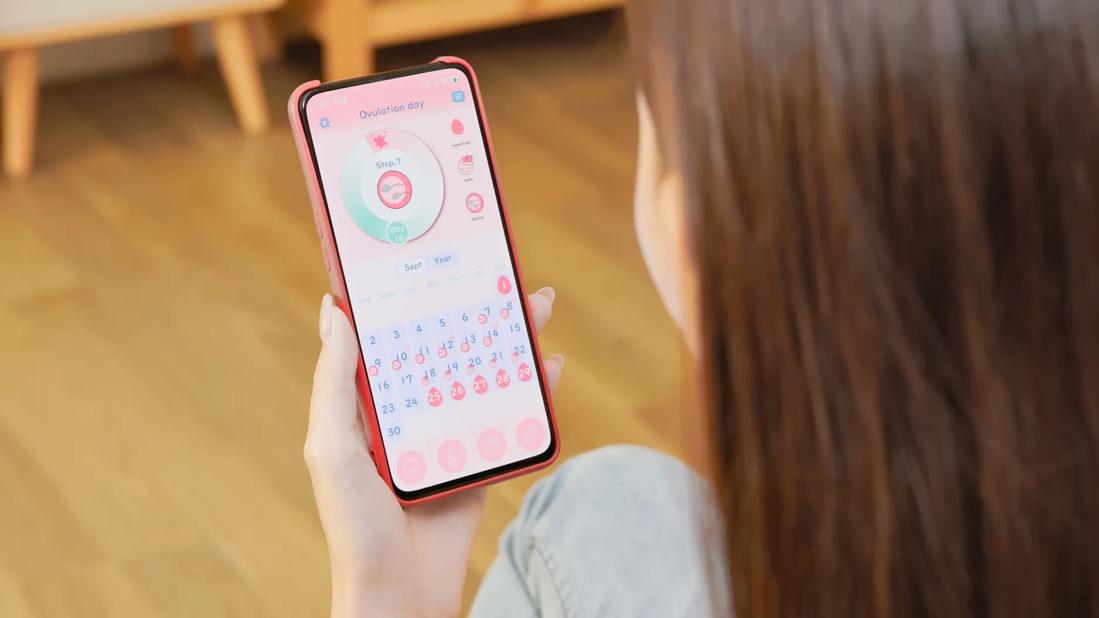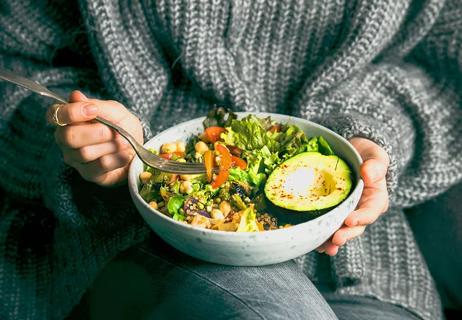Start having sex about 72 hours before ovulation, then at least every other day during your fertile window

For some people, pregnancy happens quickly, easily and even accidentally. For others, it can require more careful planning. So, when’s the best time to have sex to maximize your chances of becoming pregnant? Let’s take a look with Ob/Gyn Erica Newlin, MD.
Advertisement
Cleveland Clinic is a non-profit academic medical center. Advertising on our site helps support our mission. We do not endorse non-Cleveland Clinic products or services. Policy
Pregnancy can only occur after ovulation, which is when your ovaries release an egg — and only after that egg is fertilized by sperm during unprotected sexual intercourse (or through infertility treatment).
But there’s a catch: Each month, there’s actually only a very short period of time when you can get pregnant. “Once you’ve ovulated, you have just about a 12-hour period of time to conceive,” Dr. Newlin says.
That’s because after you ovulate, the lifespan of an egg is only about 24 hours. That means that if that egg isn’t fertilized within the first 12 hours after ovulation, conception likely won’t happen. This period of time is your “fertile window.”
Because the post-ovulation window is so short, it’s best to have sex before ovulation, if you can.
“What a lot of people don’t realize is that if you wait until you’ve already ovulated to have sex, then your fertile window is much lower,” Dr. Newlin clarifies. “Sperm can survive inside the body for about 72 hours, so if you have intercourse within that three-day span before you ovulate, it’ll give you higher chances of getting pregnant.”
That way, by the time the egg is released, there’s already sperm inside the cervical reservoirs waiting to fertilize it.
Advertisement
But how can you tell when ovulation will begin? It usually happens around the 14th day of a 28-day menstrual cycle.
“We typically recommend that 10 days after your period starts, you start having intercourse at least every other day,” she says. “Continue until you get a peak on an ovulation strip, or 12 days before you expect your next period.”
Everyone’s menstrual cycle is different, so you may start ovulating sooner or later than day 14 of your cycle. To increase your chances of getting pregnant, you’ll need to understand your body’s timing.
Tracking your ovulation as part of an overall “period diary” can help you better understand the timing of your menstrual cycle. Make note of the first day of your period each month, along with how heavy your flow is and any symptoms you’re having.
“That way, if you need to talk to your Ob/Gyn about your fertility down the road, you have a record of what you’ve been experiencing while you’ve been trying to conceive,” Dr. Newlin says. “Looking at that record gives us a good idea of your cycles.”
You’re tracking your ovulation and timing sex accordingly, but what else can you do to ready your body for pregnancy? Dr. Newlin shares a few tips that can have a big impact on your reproductive health.
Advertisement
Of course, it takes two to tango. Male infertility affects about 10% to 15% of men in the U.S. who are trying to conceive, so encourage your partner to focus on their health as well.
“Encourage them to exercise, stop smoking and abstain from drugs, like marijuana, as you’re trying to conceive,” Dr. Newlin recommends.
The general rule of thumb is that if you’re under age 35 and haven’t gotten pregnant after trying for a year, it’s time to talk with a healthcare provider about your fertility. This is if you’re having regular menstrual cycles and appropriately timed intercourse, but still aren’t conceiving.
“Your Ob/Gyn can do a first preliminary evaluation of your fertility and let you know if you or your partner needs to see a specialist,” Dr. Newlin says.
But there are times when you should talk to your Ob/Gyn sooner if you’re not getting pregnant on the timeline you’d hoped for:
Advertisement
“You can also always talk to your provider about pregnancy when you see them at your routine gynecological visits, like your annual well-woman exam,” Dr. Newlin points out. “This is a great time to tell them what you’re experiencing so that they can weigh in on your timeline, any concerns you have and whether they recommend specific testing.”
Advertisement

Sign up for our Health Essentials emails for expert guidance on nutrition, fitness, sleep, skin care and more.
Learn more about our editorial process.
Advertisement

When you’re living with this chronic condition, early diagnosis and treatment can improve your chances of getting pregnant down the road

These over-the-counter kits are 99% effective at identifying when you’re most fertile each month

Cancer and its treatments can cause infertility, but you have many options for fertility preservation

Specific foods won’t really affect fertility, but a healthy weight and nutritious diet are helpful

Most oropharyngeal cancers can be traced to a virus that can be shared during oral sex

Cravings are a natural response to hormonal changes, but giving into them may make you feel worse

It’s important to angle it toward your rectum or back, along the natural curve of your vaginal canal

To help manage symptoms, switch to more absorbent period products, make healthy lifestyle changes and explore treatment options

Even small moments of time outdoors can help reduce stress, boost mood and restore a sense of calm

A correct prescription helps your eyes see clearly — but as natural changes occur, you may need stronger or different eyeglasses

Both are medical emergencies, but they are very distinct events with different causes